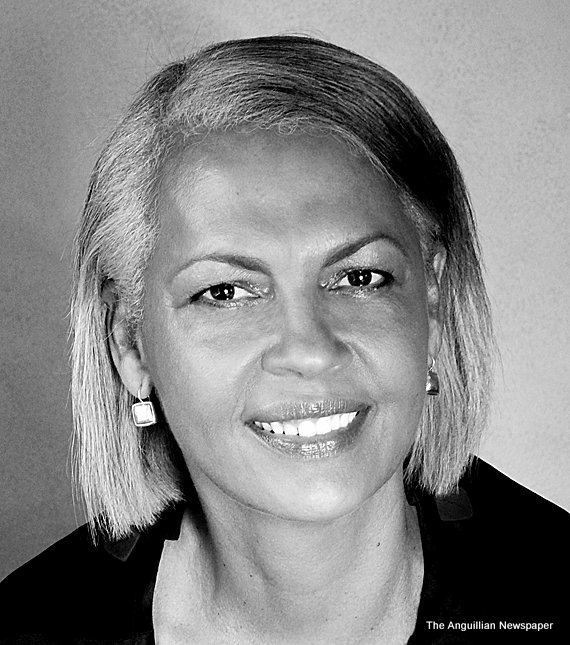Diverticular disease and diverticulitis are related digestive conditions that affect the bowel. Signs and symptoms might vary from one individual, but in some cases they can be very severe and might require surgery.
What is diverticular disease/diverticulitis?
Diverticula are small, bulging, pouches that can form in the lining of your digestive system. They are found most often in the lower part of the large intestine (colon). Diverticula are common, especially after age 50, and seldom cause problems.
Sometimes, however, one or more of the pouches become inflamed or infected and the condition is then known as diverticulitis. Diverticulitis can cause severe abdominal pain, fever, nausea and a marked change in your bowel habits.
Mild diverticulitis can be treated with rest, changes in your diet and antibiotics. Severe or recurring diverticulitis may require surgery.
What causes diverticular disease/diverticulitis?
We are not sure what causes diverticular disease and diverticulitis. Researchers are studying several factors that may play a role in causing these conditions. They seemed to be linked to age, diet and lifestyle, and genetics.
Fiber – For more than 50 years, experts thought that following a low-fibre diet led to diverticular disease. However, recent research has found that a low-fibre diet may not play a role. This study also found that a high-fibre diet with more frequent bowel movements may be linked with a greater chance of having diverticular disease.
Various clinical studies have found links between diverticular disease – diverticulosis that causes symptoms or problems such as diverticular bleeding or diverticulitis—and the following factors:
• certain medicines—including nonsteroidal anti-inflammatory drugs (NSAIDs) such as aspirin and steroids.
• lack of exercise.
• obesity.
• smoking
Symptoms of diverticular disease and diverticulitis
Symptoms of diverticular disease include:
• Abdominal (‘stomach’) pain, usually in your lower left side, that tends to come and go and gets worse during or shortly after eating. (Emptying your bowels or passing wind eases it.)
• feeling bloated
• constipation, diarrhoea or both
• occasionally, mucus in your stool
If your diverticula become infected and inflamed (diverticulitis) you may suddenly:
• get constant, more severe abdominal pain
• have a high temperature of 38C or above
• feel sick or vomit
• feel generally tired and unwell
• get blood in your stool or bleeding from your rectum (rectal bleeding)
Treatment
Treatment depends on the severity of your signs and symptoms.
The goal of treating diverticular disease is to prevent the pouches from causing symptoms or problems. Your doctor may recommend the following treatments:
High-fiber diet – Although a high-fibre diet may not prevent diverticulosis, it may help prevent symptoms or problems in people who already have diverticular disease. A doctor may suggest that you increase fibre in your diet slowly to reduce your chances of having gas and pain in your abdomen. Generally, adults should aim to eat 30g of fibre a day, but your doctor will be able to give you a specific target based on your individual height and weight.
Good sources of fibre include fresh and dried fruits and vegetables, beans and pulses, nuts, cereals and starchy foods.
Fibre supplements
Your doctor may suggest you take a fibre products as well.
Various medicines – Your doctor might also recommend a variety of medicines to treat symptoms and complications of diverticular disease.
If you have diverticulitis with mild symptoms and no other problems, your doctor may recommend that you rest, take oral antibiotics , and follow a liquid diet for a period of time. If your symptoms ease after a few days, the doctor will recommend gradually adding solid foods back into your diet.
Severe cases of diverticulitis that come on quickly, and cause complications, will likely require a hospital stay and involve intravenous (IV) antibiotics. A few days without food or drink will help your colon rest.
Surgery
In rare cases, surgery may be needed to treat serious complications of diverticulitis.
Surgery usually involves removing the affected section of your large intestine. This is the treatment for rare complications such as fistulas, peritonitis or a blockage in your intestines.
Conclusion
Diverticular disease can occur at all ages but is more common in individuals over the age of 65. The exact cause of the bowel disorder is not known, but diet and genes appear to play a role. Symptoms might vary, and treatment usually depends on symptoms and complications that might develop. If you have signs and symptoms suggestive of diverticular disease have a talk with your healthcare provider.
Ask Your Doctor is a health education column and is not a substitute for medical advice from your physician. The reader should consult his or her physician for specific information concerning specific medical conditions. While all reasonable efforts have been made to ensure that all information presented is accurate, as research and development in the medical field are ongoing, it is possible that new findings may supersede some data presented.
Dr Brett Hodge MB BS DGO MRCOG is an Obstetrician/Gynaecologist and Family Doctor who has over thirty-five years in clinical practice. Dr Hodge has a medical practice in The Johnson Building in The Valley (Tel: 264 4975828).








